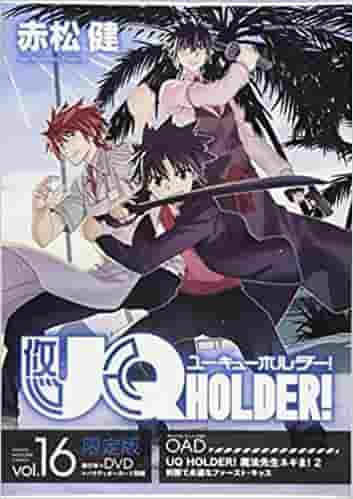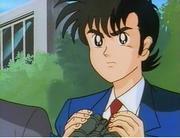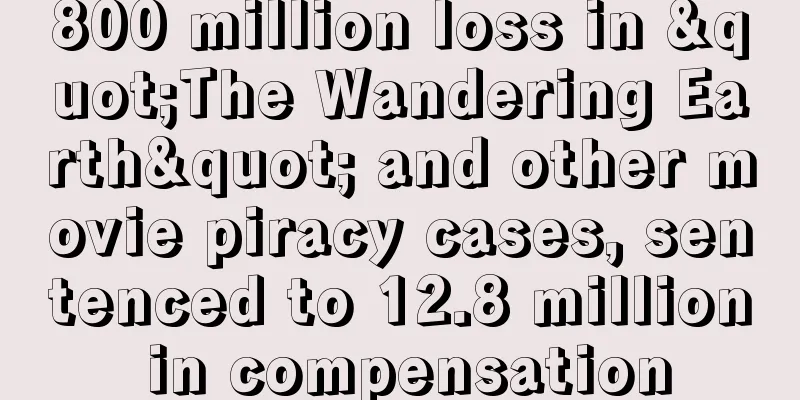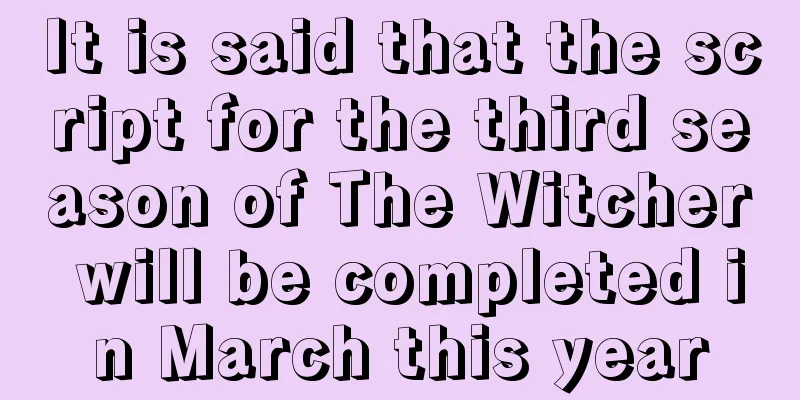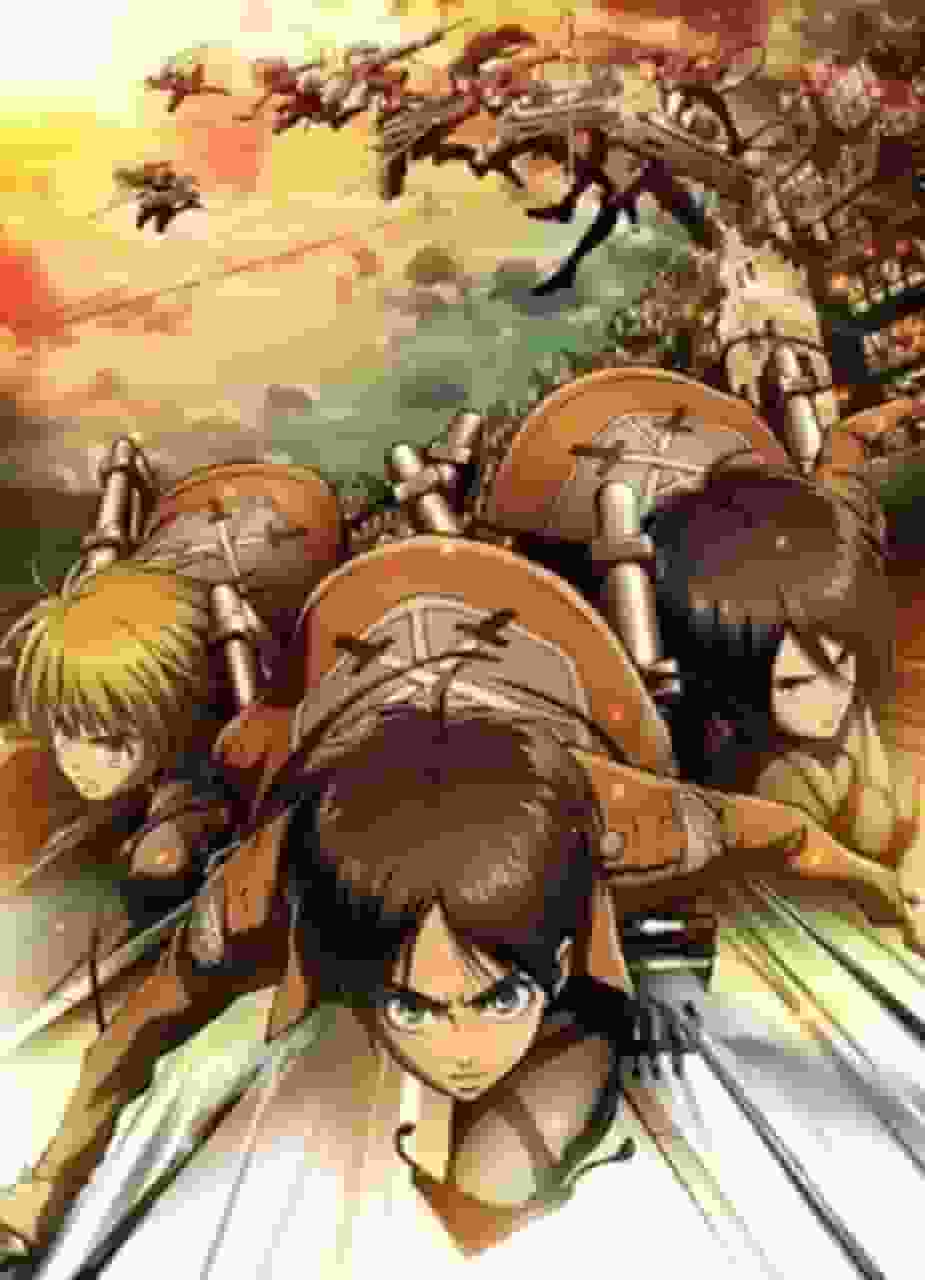"Botchan" Review: A moving animated version of Natsume Soseki's classic novel

"Botchan": A masterpiece animated adaptation of Natsume Soseki's classicThe anime "Botchan" is a TV special based on Natsume Soseki's masterpiece novel "Botchan" and aired on Fuji TV on June 13, 1980. Set in Meiji-era Japan, the story follows the protagonist, who graduates from a physics school in Tokyo and works as a mathematics teacher at a junior high school in Matsuyama. In just 72 minutes, the film is packed with the essence of the original work. storyAfter graduating from a physics school in Tokyo, Japan during the Meiji period, Botchan is posted to Matsuyama as a junior high school mathematics teacher. There, he gives the principal nicknames such as "Tanuki" (raccoon dog), the vice principal "Red Shirt" and the English teacher "Uranari". While he becomes good friends with the passionate mathematics teacher "Yamaarashi", he is teased by the students and spends his days in chaos. In the midst of all this, he meets and falls in love with a beautiful woman called "Madonna", but she has promised to marry "Uranari" because of her poor family. Through Botchan's relationships and love affairs, this story satirizes the educational field and society of the Meiji period. castThe film has a stellar cast, with Saijo Hideki playing the main character, Botchan. His passionate performance adds depth to the film. Other veteran voice actors who play supporting roles include Naya Goro as Yamaarashi, Nagai Ichiro as Tanuki, Nozawa Masako as Chibi, Asou Miyoko as Kiyoshi, Yanami Joji as Akashatsu, Tanonaka Isamu as Nodaiko, Yamada Yasuo as Uranari, and Kume Akira as the narrator. The fact that all these actors have come together in one place has raised the quality of the film even further. Main StaffThe production of this work was handled by Yutaka Fujioka, with the script by Yoshiyuki Fukuda and music by Takeo Watanabe. The character designs are by Monkey Punch, the supervision by Osamu Dezaki, the setting by Masao Maruyama, the animation director by Akio Sugino, the art director by Shichiro Kobayashi, the sound director by Mitsuhiro Sakon and the director by Hiroo Takeuchi. These staff members worked together to faithfully recreate the worldview of the original work while adding expressions unique to anime. Theme songs and musicThe opening theme is "Suiuta" sung by the Duke Aces, with lyrics by Shimazaki Toson and music by Watanabe Takeo. The ending theme is "Tozai Nanboku" also sung by the Duke Aces, with lyrics by Shimazaki Toson and music by Watanabe Takeo. An insert song is "Kojo no Tsuki" sung by Saijo Hideki, with lyrics by Doi Bansui and music by Taki Rentaro. These songs add to the atmosphere of the story and leave a lasting impression on the viewers. Appeal of the work"Botchan" is a work that faithfully reproduces Natsume Soseki's original work while incorporating expressions unique to anime. It is packed with the essence of the original work, which depicts the educational field and social satire of the Meiji era, and the story unfolds in a short time of 72 minutes. It is filled with deep themes that make the viewer think through the human relationships and romance of the main character, Botchan. In addition, the quality of the work is further improved by the gathering of a luxurious cast and staff. The opening, ending, and insert songs also liven up the atmosphere of the story and will leave a deep impression on the viewer. Recommended points"Botchan" is an anime based on Natsume Soseki's masterpiece novel, and its appeal lies in the story set in Japan during the Meiji period. It is a satire of the educational field and society through the protagonist Botchan's relationships and romance, and contains deep themes that make viewers think. In addition, the quality of the work is further improved by the gathering of a luxurious cast and staff. The opening, ending, and insert songs also add to the atmosphere of the story and will leave a deep impression on viewers. Please give it a watch. |
<<: The appeal and evaluation of "Space Warrior Baldios": A monumental achievement in robot anime
>>: Noraneko Sandogasa: The appeal and evaluation of Minna no Uta
Recommend
"Mulan" new art poster released comic style reproduces Mulan's heroic appearance
The live-action movie "Mulan" will be l...
The otaku encounters a fairy! The live-action CM of the new comic channel of Shi Ai is released
Square Enix's comic channel "Comic UP!&q...
"Ghost in the Shell ARISE" - The appeal and evaluation of the new 3DCG short animation "Logicoma Beat"
The appeal and evaluation of "Logicoma Beat,...
The appeal and reviews of "Tomodachiya": A deep look into the story of friendship
The appeal and reputation of Tomodachiya "To...
Star Wars standalone series "Obi-Wan" will officially start filming in March next year
Recently, Ewan McGregor talked about the new Star...
Review of "Hato no Oyome-san": What is the appeal of Hato no Oyome-san?
"Hato no Oyome-san": Enjoy the cute and...
Encouragement of Climbing: A moving anime that depicts the charm of mountain climbing and a story of friendship
"Encouragement of Climb": A story of mo...
New stills of the live-action movie "Mulan" released: the heroine is heroic
Although the live-action movie "Mulan" ...
Japanese media selected Rumiko Takahashi's favorite female character Ranma as the sixth most popular among men
The famous female cartoonist Rumiko Takahashi has...
The appeal and reviews of "The World God Only Knows": Why is it a must-see?
"The World God Only Knows" - The world ...
Michael Jackson biopic "Michael" set photos of the male lead restored
Recently, new set photos of the Michael Jackson b...
The latest chapter of the classic mecha "Farrana of the Sky The Beyond" new trailer released in advance
The latest installment of Japan's robot-theme...
Gorillaman: What's the appeal of its unique characters and story?
Gorillaman - The appeal of the OVA and its backgr...
The appeal and reviews of "Bibi & Birdie [Junior Edition]": A new standard for children's animation
The appeal and evaluation of "Bibi and Birdi...
Warner Bros. to restructure its top management and establish DC Films
According to The Hollywood Reporter, Warner Disco...


